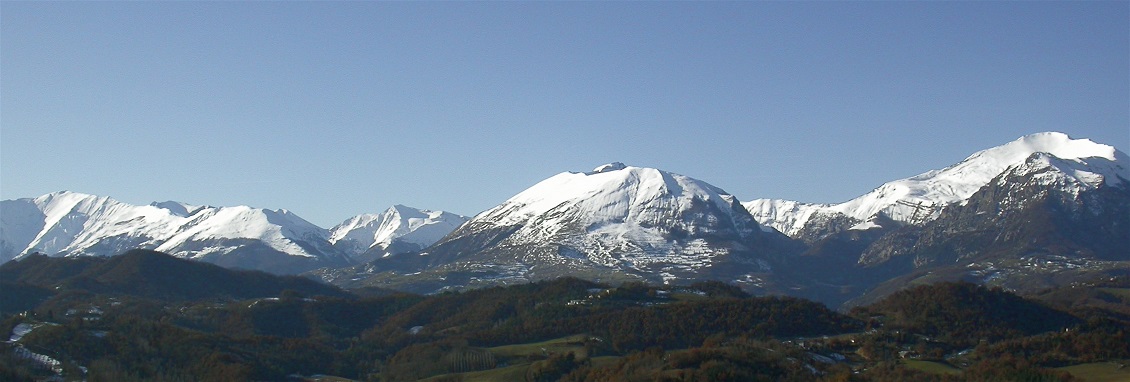
News
 Italian mountain products survive earthquakes24.03.2017In Italy, recession and limited GDP growth have prevailed during the last decade, and in the Apennine Mountains, incomes are particularly low. In addition, recent earthquakes have reduced tourism. Historians state that the Apennine Mountains, running the length of Italy, have shaped the economy and history of Italy by making transportation difficult, restricting the amount of agriculturally productive land and creating isolated, poor areas. But is this true? Despite everything, some mountain food businesses are thriving. I spoke with business owner Gio Subrizi, who sells and transforms wild plants, and I asked him if being in the mountains is important for his business. “Without a doubt! My business started because of the mountains. All around me, I see the abundant growth of wild plants, beautiful wild nature and a pure, healthy environment. I thought, ‘This is here for a reason. I must use this resource.’ My father and his father before lived here, and we have a wealth of knowledge passed down through generations about the use of wild plants and also ancient seeds. It is thanks to my family that some heritage seeds, like orzo mondo, are known today.” Being unsuitable for industrial agriculture, mountains are often places where old ways are preserved, alongside biodiversity and a healthy environment. Increasingly, the very qualities resulting from being ‘backward’ or ‘unproductive’ are an advantage today. Subrizi makes a large range of products: jam made from wild rose hips (Rosa canina); herbal teas from wild plants; flour made from a wild spinach (Blitum bonus-henricus) that only grows at altitudes over 800 metres (m) in Italy; a pasta made with nettles (including a percentage of flour) as well as 16 types of naturally aromatised barley drinks that are very popular. The barley is a heritage seed, the ‘orzo mondo’ (Hordeum vulgare ssp. vulgare). This is a mountain crop, cultivated at 600 to 1 500 m altitude. Subrizi also cultivates a Neolithic pea, called roveja (Pisum sativum), which is endemic to a small area of mountains in Central Italy.
Although there are no longer as many visitors to the Monti Sibillini area where Subrizi works, his business is thriving because he has spent 30 years taking his products to food fairs all over Italy. His customers are mostly specialist food shops and restaurants in urban centres, far away from the epicentres of the earthquakes. The demand is greater than the production. This is partly because Subrizi oversees each step himself to guarantee the quality, which he believes buyers trust and that only he alone can deliver. His business, 'Sentieri degli Erboristi', is now generating a local economy that is growing. There are seven groups of young people who forage in the mountains for him. Depending on what they are harvesting, they earn on average €9 per hour per person. Considering foraging is free and without overheads, in areas where there is little to no employment, it is a job in a beautiful location. Although he lost his home in the earthquakes, he comments that his land and wild plants continue to thrive. “The important thing is that I have no neighbours using herbicides or pesticides,” said Subrizi. He adds that he is happy to share what he has learned with anyone who speaks Italian and wishes to participate: [email protected] News and photos by Tamara Griffiths |
Mountain Partnership
| Our work
| Focus areas
| Follow Us Subscribe to Peak to Peak Newsletter
|
